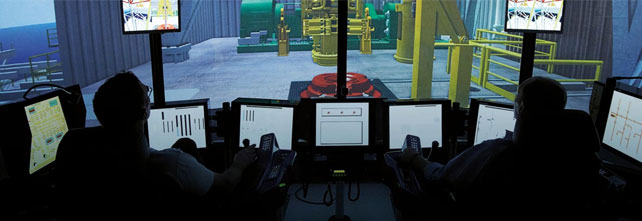

By the end of this course, delegates will be able to:
Drilling Engineers, Senior Drilling Engineers, Drilling Supervisors, Drilling Superintendents, Petroleum Engineers, Completion Engineers, Tool Pushers, Reservoir and Senior Reservoir Engineers, Geologists, Production and Completion Engineers, Foremen, Work over Engineers, Petroleum Engineers, Completion Engineers, Tool Pushers, Reservoir and Senior Industry Personnel, Lifting Personnel, Maintenance Engineers, Technologists, Mud Engineers,
Well Site Supervisors, Drilling Contractors, Drilling Supervisors, Completion Engineers, Completion Supervisors, Drilling Managers, Drilling Technical Support Personnel, Trainee Drillers, Rig Engineers, Industry Personnel, Completion engineers, Production staff, Petroleum engineers, Other technical staff that need an understanding and an appreciation of HSE aspects of well drilling, completion, work-over and well intervention, Roustabouts, Roughnecks, Derrick men, Assistant Drillers and leading drilling personnel offshore, Employees and managers in drilling service Companies, Management of drilling rigs and drilling installations, Engineering personnel for design and modification of drilling facilities.
This interactive Training will be highly interactive, with opportunities to advance your opinions and ideas and will include;
BTS attendance certificate will be issued to all attendees completing minimum of 80% of the total course duration.
| Code | Date | Venue | Fees | Register |
|---|---|---|---|---|
| DE101-01 | 13-04-2025 | Muscat | USD 5450 | |
| DE101-02 | 29-06-2025 | Dubai | USD 5450 | |
| DE101-03 | 21-09-2025 | Casablanca | USD 5950 | |
| DE101-04 | 14-12-2025 | Dubai | USD 5450 |

One of the most important aspects of drilling wells in today’s oil industry is to control formation pressures. One indicator of this important aspect is the fact that regulatory bodies around the worl ...
Providing services with a high quality that are satisfying the requirements
Appling the specifications and legalizations to ensure the quality of service.
Best utilization of resources for continually improving the business activities.
BTS keen to selects highly technical instructors based on professional field experience
Since BTS was established, it considered a training partner for world class oil & gas institution
1st floor, Incubator Buildingو Masdar City, Abu Dhabi, UAE
Sun to Fri 09:00 AM to 06:00 PM
Contact Us anytime!
Request Info